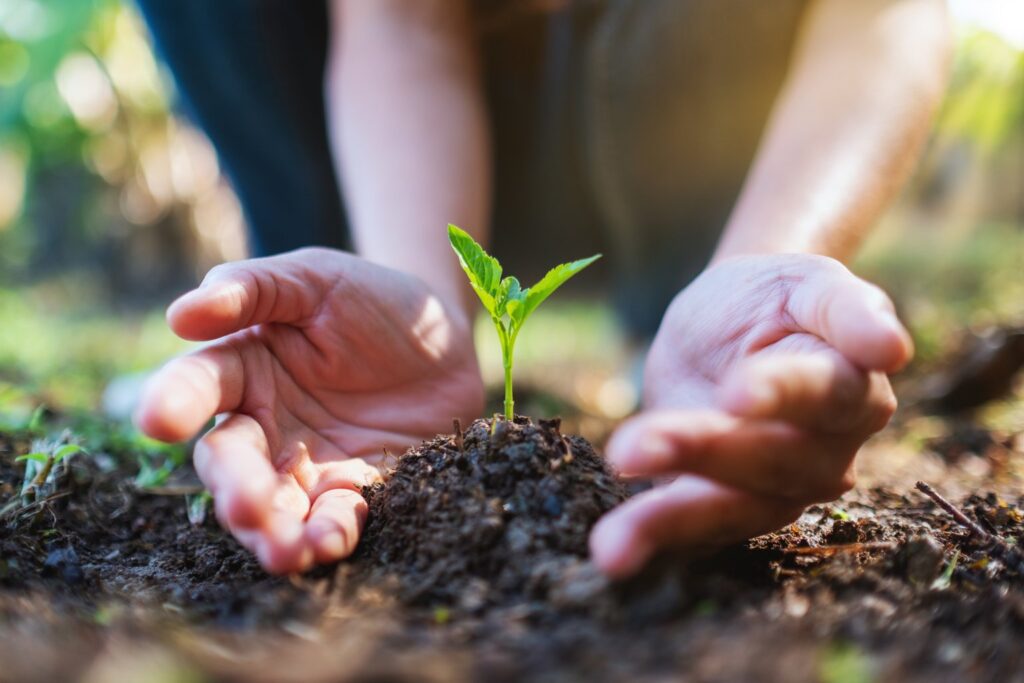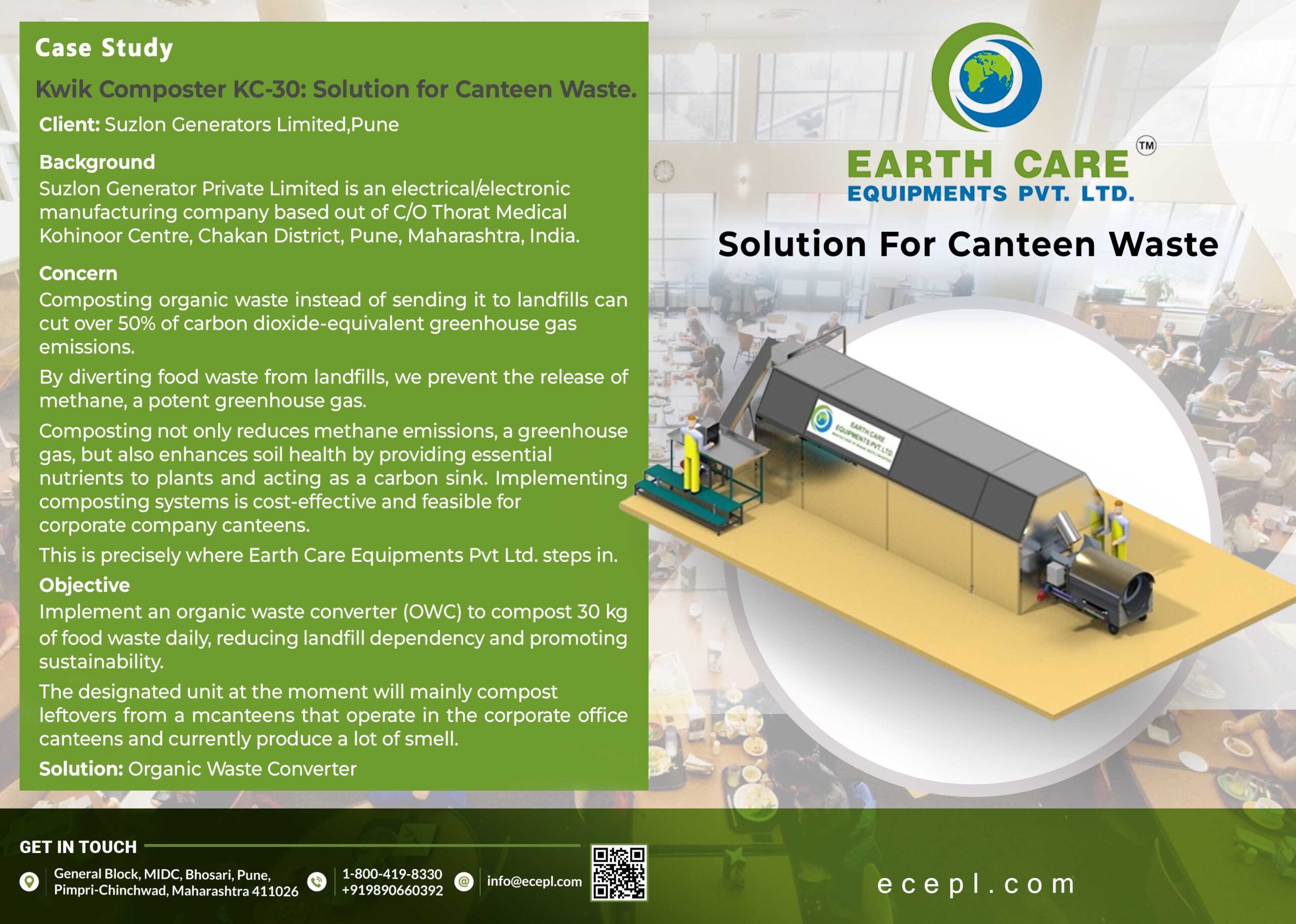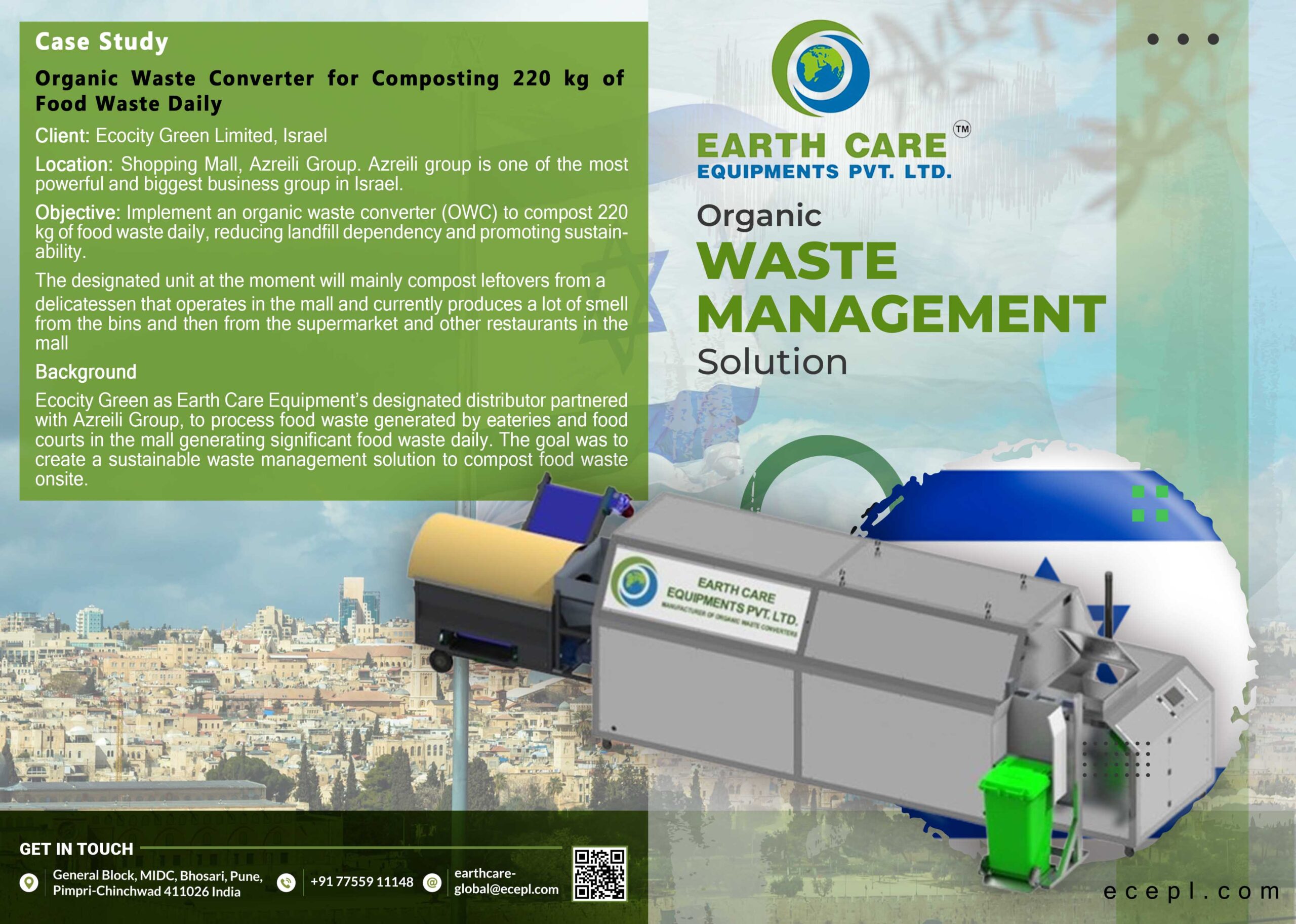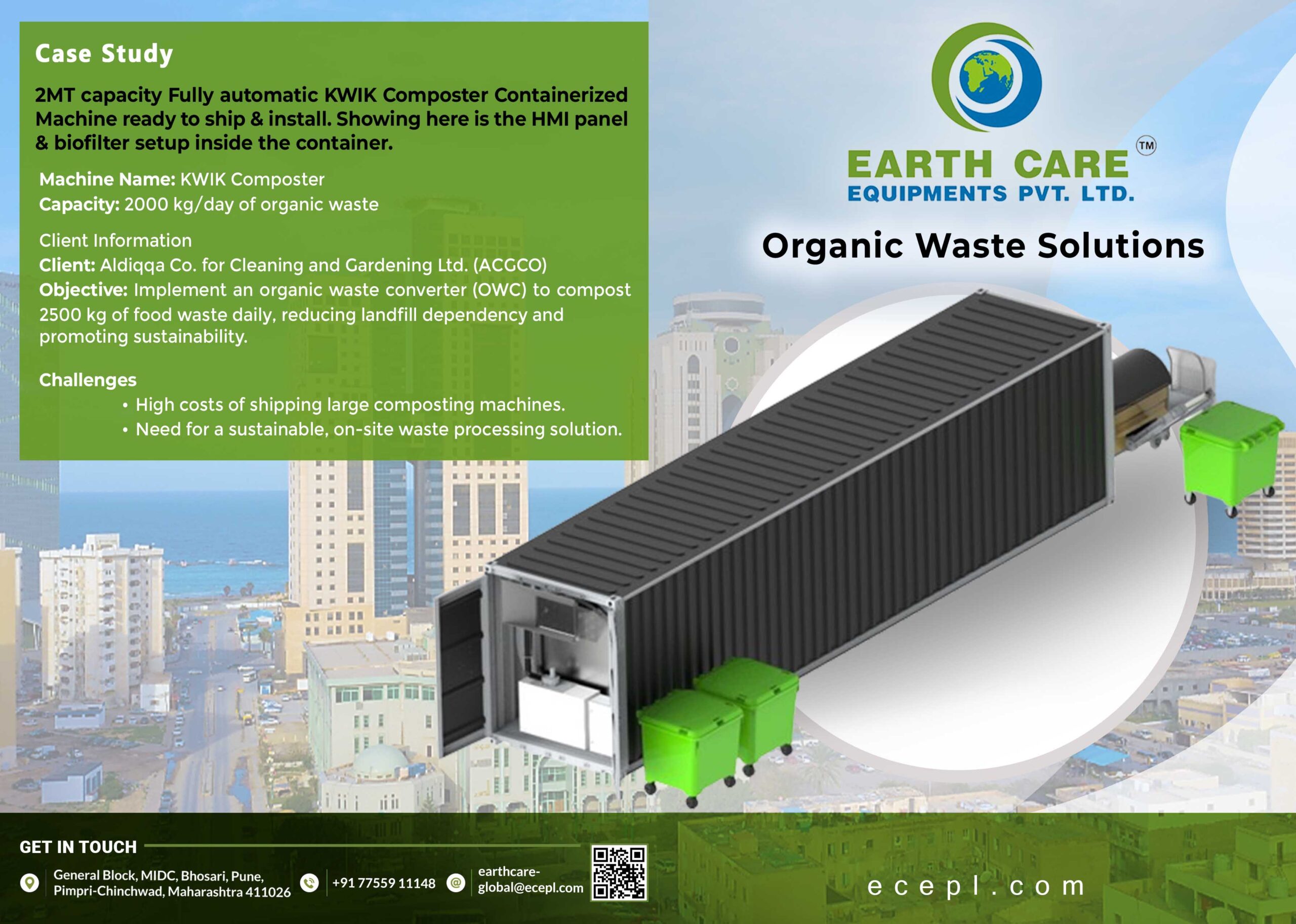
In today’s environmentally conscious landscape, the discussion around sustainable waste management practices has gained significant traction. Among the various methods, organic composting stands out as a beacon of hope for enhancing soil health and promoting ecosystem diversity. In this article, we delve into the profound implications of organic composting while examining the disparities between compostable and biodegradable packaging.
- Understanding Organic Composting:
At the forefront of sustainable waste management solutions are organic waste converters like those offered by Earthcare Equipment. Earthcare’s KWIK Composter series, including KWIK Composter Premium (KCE) and KWIK Composter (KC), utilize advanced biomechanical and microorganism-based technologies to transform segregated organic waste into nitrogen-rich compost. These fully automatic composters reduce the volume of organic waste by almost 80%, offering a sustainable alternative for managing kitchen waste and biodegradable materials.
- Promoting Soil Health:
Organic composting plays a pivotal role in enhancing soil health by reintroducing vital nutrients and organic matter. As organic waste decomposes, it releases essential elements such as nitrogen, phosphorus, and potassium, fostering soil fertility and improving its structure. The compost generated from Earthcare’s composters serves as a natural fertilizer, enriching the soil with nutrients necessary for plant growth while promoting microbial activity and biodiversity.
- Fostering Ecosystem Diversity:
Healthy soils are the cornerstone of diverse ecosystems. By replenishing soil nutrients and organic content, organic composting supports the growth of diverse plant species, which in turn sustains various animal populations. Moreover, the use of compost in landscaping and agricultural practices reduces reliance on synthetic fertilizers and pesticides, thereby mitigating environmental pollution and preserving ecological balance.
- Distinguishing Compostable vs. Biodegradable Packaging:
Amidst the push for sustainable packaging solutions, there’s often confusion between compostable and biodegradable materials. Compostable packaging, such as certain plant-based plastics, undergoes organic decomposition under specific conditions, yielding compost suitable for soil enrichment. On the other hand, biodegradable materials break down into smaller particles over time, potentially contributing to environmental degradation if not managed properly.
- The Role of Earthcare Equipment:
Earthcare’s innovative composting solutions, including the KWIK Composter series and KWIK Composter Accelerator (KCA), address the pressing need for efficient organic waste management. The KCE and KC models offer fully automated composting processes, while the KCA provides a compact and affordable solution with accelerated composting capabilities. These machines facilitate the conversion of organic waste into nutrient-rich compost, contributing to soil health and ecosystem preservation.
Summary
Organic composting emerges as a sustainable approach to waste management, with profound implications for soil health and ecosystem diversity. Through the utilization of advanced composting technologies like those offered by Earthcare Equipment, we can harness the power of organic waste to enrich our soils, foster biodiversity, and pave the way for a greener future. It’s imperative for businesses and individuals alike to embrace organic composting practices and make informed choices regarding compostable and biodegradable packaging materials. Together, we can nurture our planet and cultivate a healthier, more resilient environment for generations to come.




